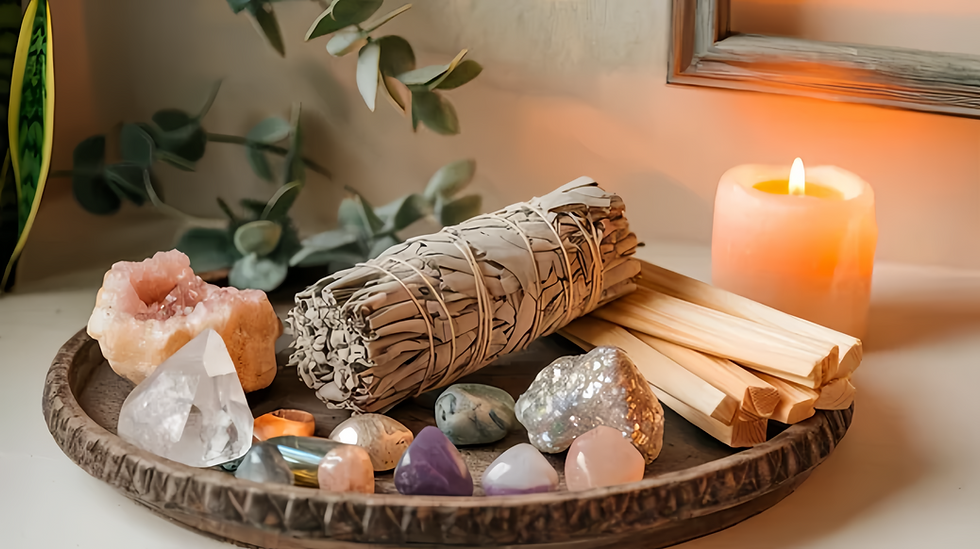Reiki In Hospitals
- Vicki Martin
- Jul 22
- 2 min read
Updated: Aug 25

Reiki in Hospitals: A Complement to Traditional Medicine
Myth: “Reiki is just placebo.”Reality: Reiki is now offered in over 800 hospitals across the U.S., including the Cleveland Clinic and Johns Hopkins. Studies show reduced pain, anxiety, and faster recovery times.Cite: NIH, Yale School of Medicine studies, and peer-reviewed journals.
Reiki in Hospitals: A Complement to Traditional Medicine
“Reiki? Isn’t that just placebo?”It’s a common question but the answer is evolving fast in the world of modern healthcare.
Today, Reiki is practiced in more than 800 hospitals across the United States, including top institutions like the Cleveland Clinic, Yale New Haven, Dana-Farber Cancer Institute, and Memorial Sloan Kettering. These aren’t experimental clinics they’re respected medical centers integrating Reiki into patient care.
What Is Reiki?
Reiki is a gentle, non-invasive energy healing technique that works through light touch or no touch at all. It aims to support the body’s natural ability to heal by helping to reduce stress, rebalance the nervous system, and promote deep relaxation.
What Does the Research Say?
Multiple studies, including those funded by the National Center for Complementary and Integrative Health (NCCIH), show that Reiki may:
• Reduce anxiety and depression
• Ease pain in postoperative patients
• Lower blood pressure and heart rate
• Improve sleep quality and well-being
In fact, a 2017 study published in the Journal of Evidence-Based Complementary & Alternative Medicine found that Reiki significantly reduced pain and anxiety in cancer patients.
Real-World Use Cases
• Yale New Haven Hospital offers Reiki to cardiac patients before surgery to reduce stress.
• Children’s National Hospital in Washington D.C. has used Reiki for children undergoing cancer treatment.
• Hospice care programs across the country include Reiki to provide peace and comfort at the end of life.
Why It Matters
Reiki doesn’t replace medical care it complements it. Patients often report feeling calmer, more supported, and more empowered in their healing journey. For those undergoing intense treatments, Reiki offers a moment of peace and a gentle reminder that healing happens on many levels.

Comments